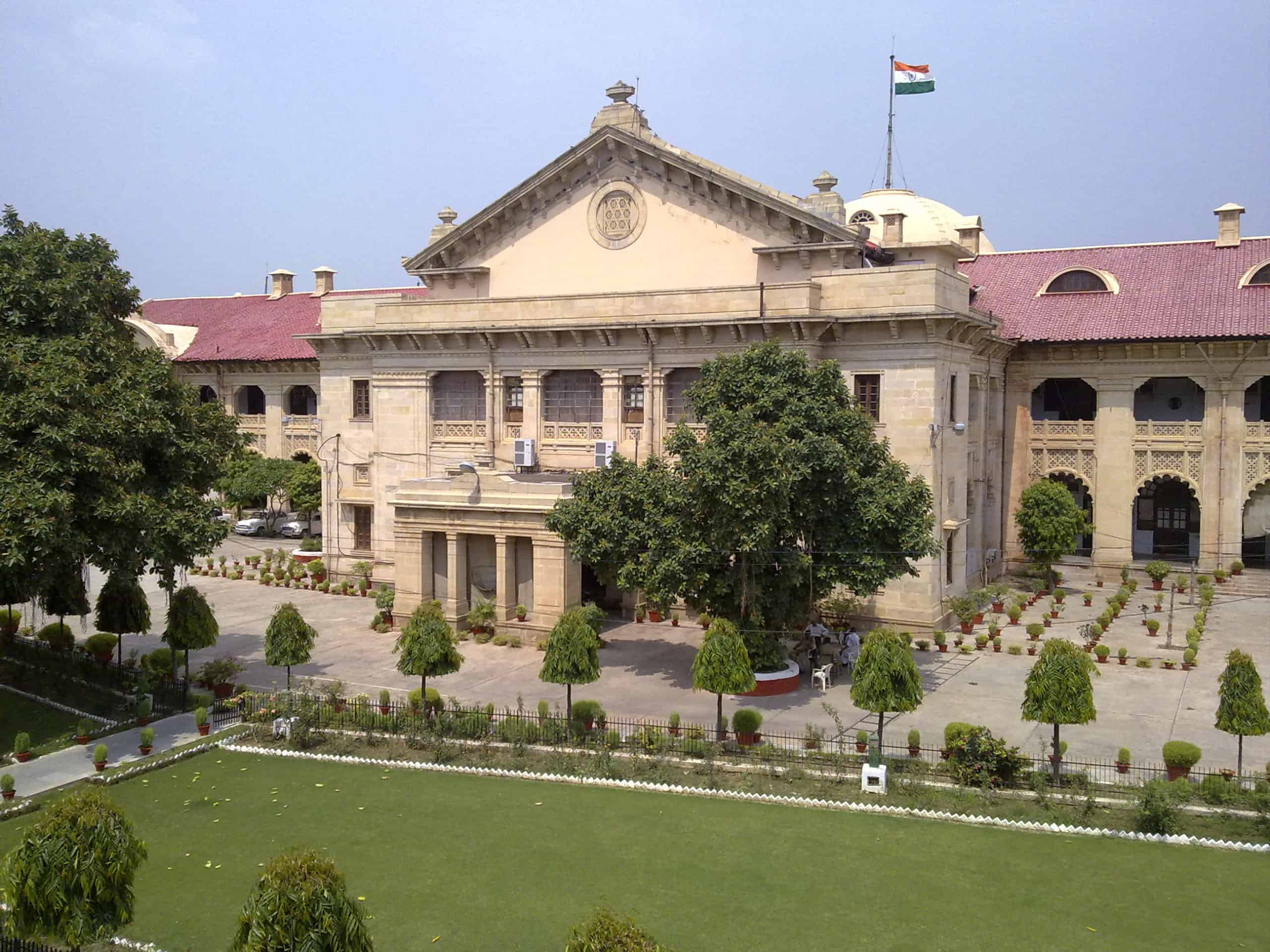The Supreme Court on Wednesday said that allowing Muslim girl students to wear the Hijab in schools and colleges could be seen as an opportunity to expose other students to diversity and become culturally sensitive [Fathima Bushra v. State of Karnataka].
The observation was made by Justice Sudhanshu Dhulia, who is hearing appeals challenging a Karnataka High Court verdict that effectively upheld the ban on wearing Hijab in government schools and colleges, along with Justice Hemant Gupta.
Justice Dhulia pondered an alternative perspective to the arguments against allowing the wearing of hijab by Muslim girl students in schools and colleges, saying,
“One can also say, this is an opportunity of being exposed to diversity. We have students for all cultures, religions. Be culturally sensitive towards them.”
The judge was responding to a submission made by Senior Advocate R Venkataramani, appearing for a teacher, who stated that teachers simply wanted free interaction with students without any walls of separation and assertions of identity.
“I work in an environment where individual assertions of identity can be a hindrance. Only in their absence can you begin to respect them. Teachers’ hands will be tied,” he had said.
The Bench today finished hearing all respondents in the appeal, including the State government and teachers.
The Karnataka government reiterated its earlier argument that it was not targeting any particular religion, but was simply acting with an aim to ensure that discipline was maintained in schools.
Advocate General (AG) for Karnataka Prabhuling K Navadgi also contended that everything mentioned in the Quran could not be regarded as an essential religious practice, since such an assumption would prove impractical.
“If every aspect of Quran, with great reverence, it may be religious but whether it’s essential has to be seen on the court’s test. Women who choose not to, don’t become less Islamic. If it is so obligatory and compulsory…this is one of the tests we may have to apply.”
The AG went on to rebut the stand of the petitioners that the State’s action was violative of their right to freedom of expression on the ground that the Karnataka Education Act did not deal with any rights under Article 19 and the dominant objective of the legislation was to bring discipline in schools.
“The question is – is it a remote effect or proximate effect? Our Karnataka legislation is not for dress. If incidentally, there is an infraction – that legislation cannot be called into question,” he explained.
Further, he submitted that there was nothing like an absolute freedom, and that every freedom could be restricted and controlled.
“Let us say I wear Hijab in a public place , but I’m not allowed in school. It only means that fundamental right is restricted in manner known to the Constitution.”
Additional Solicitor General KM Nataraj also clarified to the Court that there was no “ban” on the Hijab.
“The State has only prescribed that you can prescribe uniform which is religion neutral. We have neither prohibited or promoted any religious activity,” he said.
He elucidated the intent behind the government order, which was to promote oneness. In that light, he contended that no one in a secular institution could complain.
“It is a simple case of discipline in an institution. No religion or person has been discriminated against. All have been protected equally,” he highlighted.
The Court will hear rebuttals by the appellants in the case tomorrow.
Source Link


![Courts in Punjab And Haryana shall remain closed on April 26 on account of sad demise of Justice Shantanagoudar[Read Notification] 2](https://lawupdates.in/wp-content/uploads/2020/07/Punjab-and-Haryana-HC.jpg)

